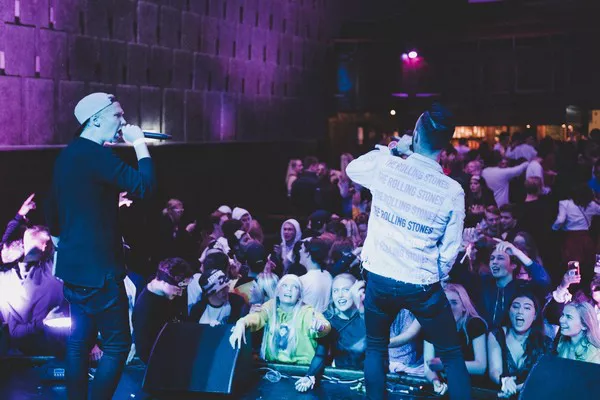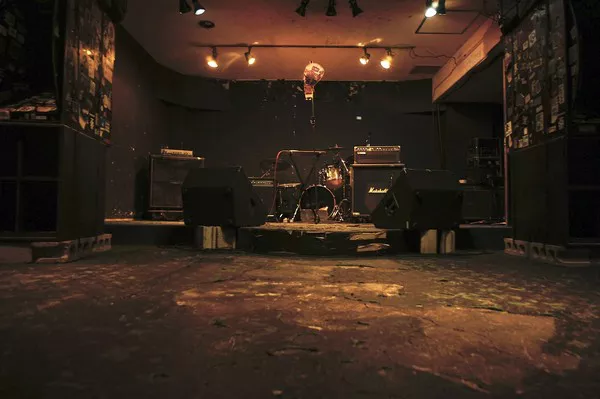Ghost, the Swedish metal band known for their bombastic and theatrical style, has risen to prominence in the mainstream rock scene over the past decade. In 2016, they clinched a Grammy for Best Metal Performance and have since garnered three more Grammy nominations, including one for their 2022 studio album, “Impera,” featuring the hit single “Mary on a Cross,” which marked their debut on the Hot 100 and landed at No. 2 on the Billboard 200 chart. Additionally, “Impera” received accolades such as Favorite Rock Album at the American Music Awards and Best Rock Album of the Year at the iHeart Radio Music Awards.
One of Ghost’s prominent supporters is Joe Elliott of Def Leppard, who contributed guest vocals to a new version of the song “Spillways” from “Impera” earlier this year, symbolizing a passing of the torch in the rock world.
However, Ghost’s theatrical and sometimes satanic imagery has drawn criticism and protests, particularly as their fame has grown. Notably, a protest took place during Ghost’s “A Pale Tour Named Death” U.S. arena tour in Midland, Texas, in 2018. Larry Long, the pastor of the Fellowship Community Church, expressed concerns that the band’s music could have a negative spiritual influence on young fans, leading to controversy and media attention.
Ghost’s frontman, Tobias Forge, who performs under various personas including Papa Emeritus and Cardinal Copia, acknowledges the polarizing nature of the band. He views the outrage generated by their image as both amusing and, to a greater extent, saddening. Forge believes it’s unfortunate that some people fail to distinguish between good and bad influences and that they invest time protesting against something that, in his view, brings happiness to fans.
Forge rejects the notion that dark music genres, including gothic, death metal, and black metal, inherently promote negativity. He suggests that other music styles, such as pop, which often glorify materialism and superficiality, can be more detrimental to fans’ well-being. He emphasizes that the essence of gothic and hard rock music is about self-empowerment and feeling good about oneself.
Forge draws inspiration from shock-rock bands of the past, particularly those from the mid-1980s, which influenced him during his formative years. He sees Ghost as potentially filling a similar role for today’s youth, introducing them to rock music through their live shows and recordings.
While Forge hopes that rock music will regain prominence in the mainstream, he is cautious about predicting the future of shock-rock as a movement. He believes that future influential rock bands will likely emerge from the younger generation, just as he was introduced to rock by his older brother’s music collection.
Ghost continues to attract young fans through their live performances, and Forge hopes that the band can be a source of inspiration for a new generation of rock enthusiasts.
Despite their provocative imagery and themes, Forge clarifies that Ghost’s lyrics are not primarily about God but rather about humanity. He acknowledges that misconceptions about the band and himself exist but attributes them to the nature of being in a band in today’s music landscape. Despite the challenges, Forge remains committed to rocking on.


























